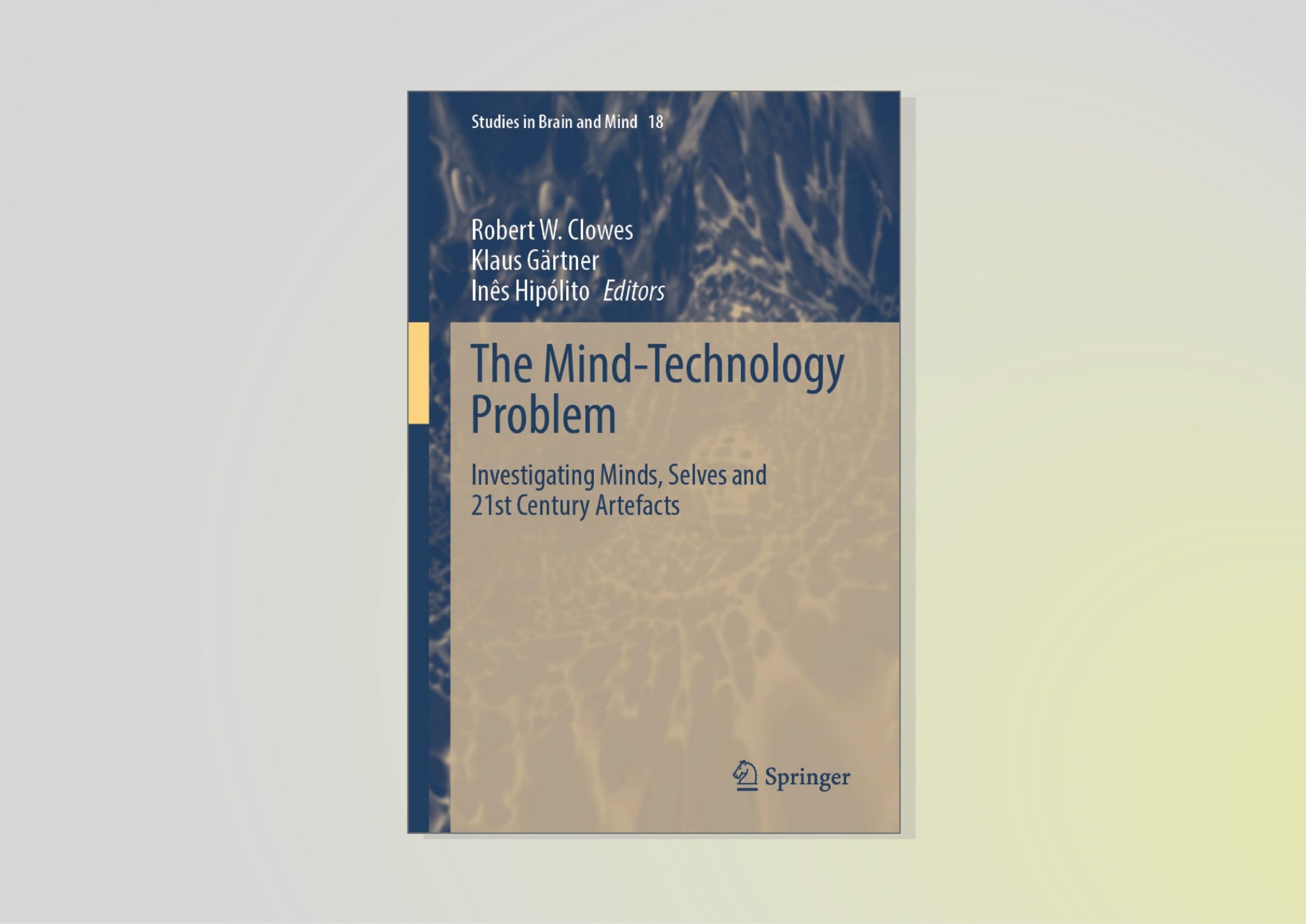
This edited book deepens the engagement between 21st century philosophy of mind and the emerging technologies which are transforming our environment. Many new technologies appear to have important implications for the human mind, the nature of our cognition, our sense of identity and even perhaps what we think human beings are. They prompt questions such as: Would an uploaded mind be ‘me’? Does our reliance on smartphones, or wearable gadgets enhance or diminish the human mind? and: How does our deep reliance upon ambient artificial intelligence change the shape of the human mind?
Readers will discover the best philosophical analysis of what current and near future 21st technology means for the metaphysics of mind. Important questions are addressed on matters relating to the extended mind and the distributed self. Expert authors explore the role that the ubiquitous smart phone might have in creating new forms of self-knowledge. They consider machine consciousness, brain enhancement and smart ambient technology, and what they can tell us about phenomenal consciousness.
While ideas of artificial general intelligence, cognitive enhancements and the smart environment are widely commented on, serious analysis of their philosophical implications is only getting started. These contributions from top scholars are therefore very timely, and are of particular relevance to students and scholars of the philosophy of mind, philosophy of technology, computer science and psychology.
The Mind-Technology Problem: Investigating Minds, Selves and 21st Century Artefacts
Clowes, R.W., Gärtner, K., Hipólito, I. (Eds.)
ISBN 978-3-030-72643-0
Order here.
Reviews
“Step aside, mind-body problem; more pressing now is the mind-technology problem. This is not just the question of whether artificial intelligence systems can (or already do!) think, remember, learn, or feel. Nor is it merely the issue of what, if anything, so-called “smart” technologies can tell us about our own human minds. To be sure, the mind-technology problem and this book do address these questions. But they also address much more: how are our minds, our human nature, changing as a result of interacting with these technologies? To what extent are we becoming (dare I say it?) cyborgs — or was that Rubicon crossed long ago? What bearing do these issues have on the possibility (or incoherence) of uploading and digital immortality? This volume helpfully collects in one place the latest philosophical writing on these issues by some insightful thinkers. Reading this substantial piece of cognitive technology will.” literally change your mind.
Ron Chrisley, University of Sussex
“Reliance on computational technology now pervades everyday life and will only increase with advances in “intelligent” processing systems. The contributors to this penetrating volume address a range of questions concerning the prospects for, and implications of, developments in computational technology. Might artificial systems become conscious or capable of genuine agency? Do they merely supplement human cognition, or have such systems already supplanted some organic cognitive processes? How does reliance on computational technology shape our ways of knowing and remembering? Could you someday upload the contents of your mind to a machine, and if so, would that machine be you? These issues are of crucial importance for understanding the opportunities and perils of advances in computational technology. They also help to shed light on what it means to be a conscious, autonomous, comprehending subject.”
Brie Gertler, Commonwealth Professor of Philosophy, University of Virginia
Optional Course Unit
Robert Clowes is offering a course on Mind, Self and 21st Century Technology for undergraduate students. Read more here.

